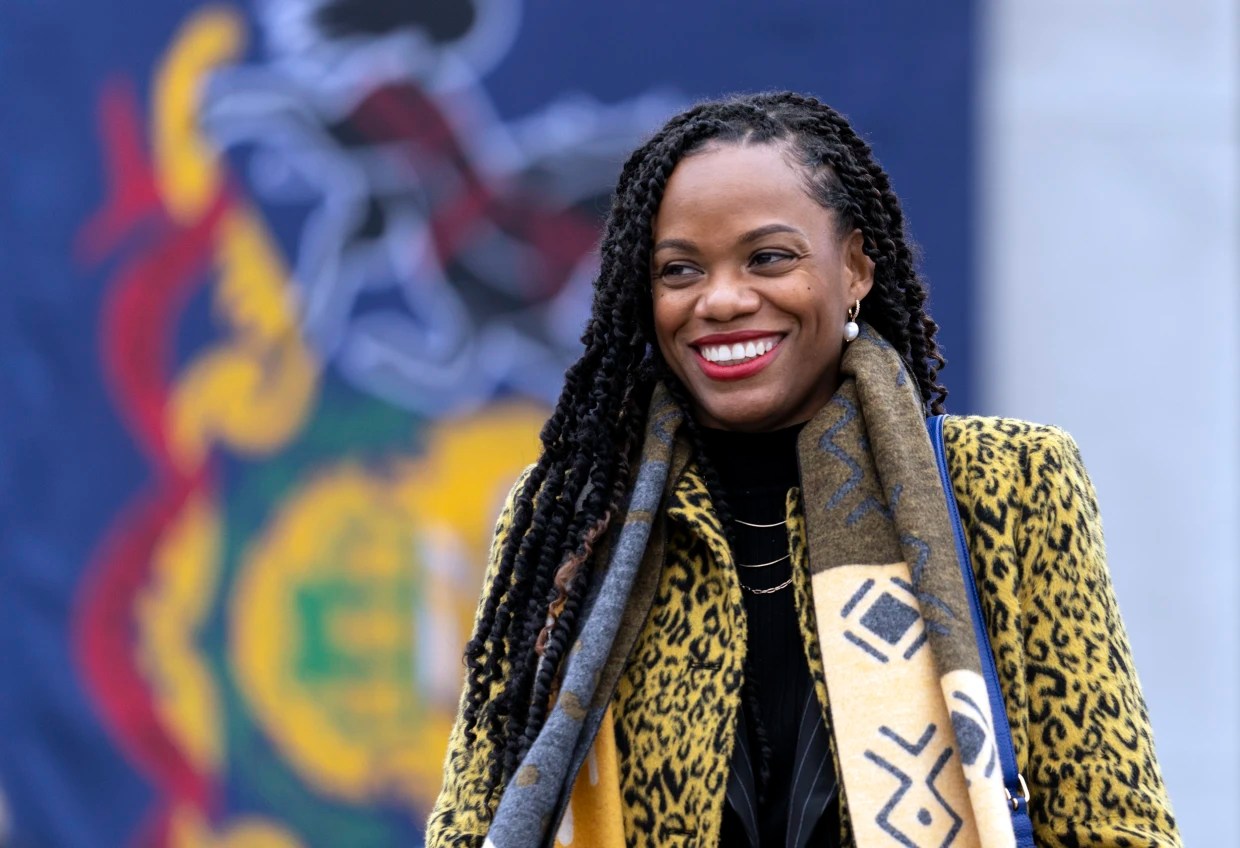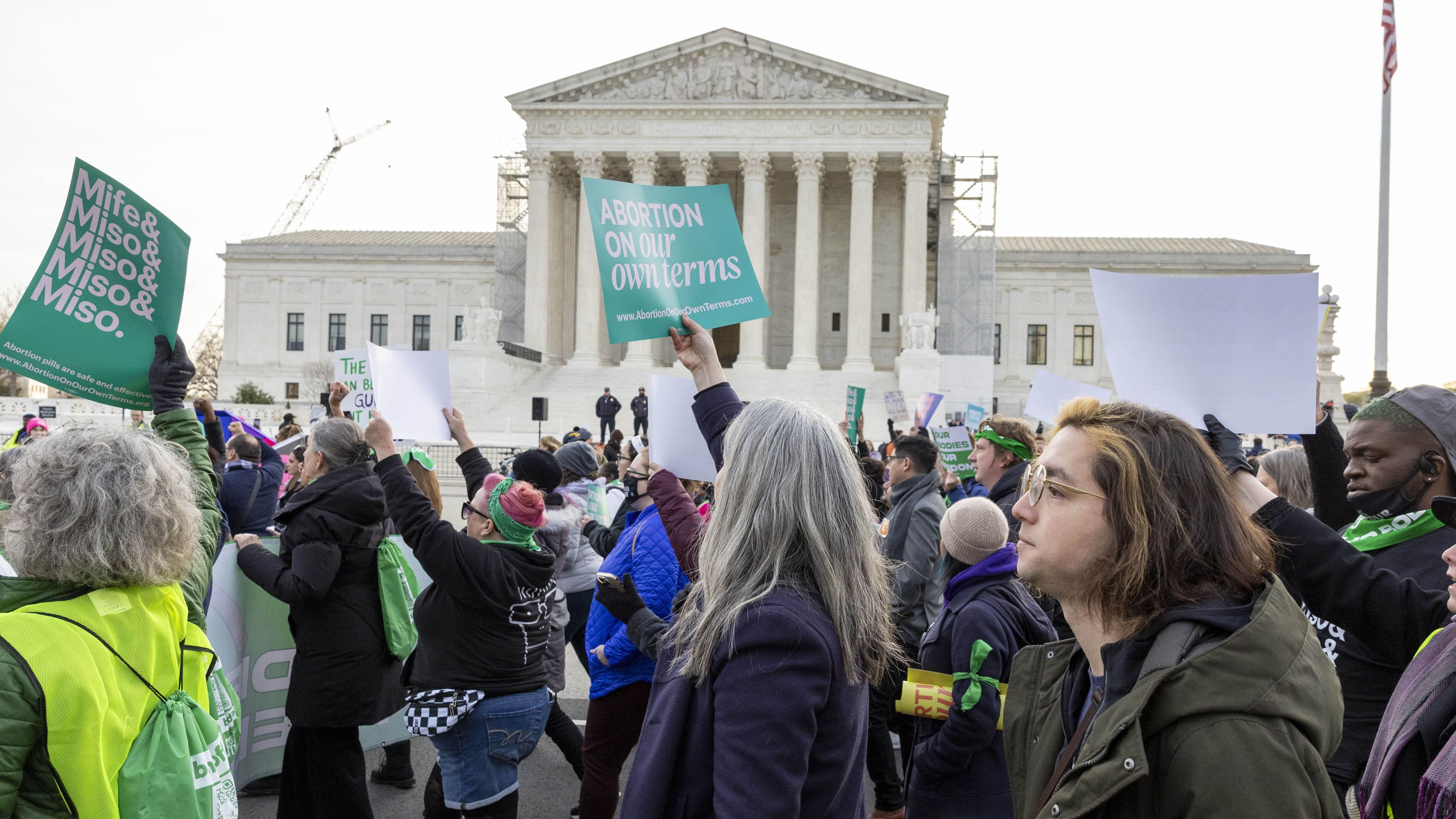Five decades after the assassination of President John F. Kennedy and 22 years after dramatizing a compelling cinematic case for a conspiracy surrounding the slaying, filmmaker Oliver Stone says his opinion of the 35th President of United States has evolved: “I admire him all the more now.”
As Stone’s landmark 1991 film “JFK” – featuring an all-star cast headlined by Kevin Costner as a determined district attorney who sets out an a years-long quest to unravel the enduring mysteries surrounding the death of the president – is released in a special boxed 50 Year Commemorative Edition featuring a plethora of supplemental material, the ever-passionate writer/director is looking back at a project that he calls “one of the highlights of my life.” and a president he feels “started to change things in a big way.”
His perception wasn’t always so. “I grew up conservative, so in my family Kennedy was a bad guy,” remembers Stone of his earliest impressions of the 35th president, which were colored by his Republican, Eisenhower-admiring father. After the assassination, he says, “I felt sad for a young, handsome president and his family, but politically I was definitely critical of him because of my family.”
“It was only after my experiences in Vietnam I started to begin to re-question things at a deeper level,” says Stone, whose political leanings turned to the left after dropping out of Yale and his enlistment for two years of combat duty in the Marine Corps. “By the time Reagan was in office, I really had moved to the place where I was making more progressive films like 'Salvador',” he says, which led to a series of critically acclaimed and commercially successful films like “Platoon” and “Wall Street” that tackled hot-button, Baby Boomer-relevant topics. Soon, Stone found himself puzzling over how to make a film out of the then-extremely controversial subject of Kennedy’s assassination.
“When did I cross-over to believing [in a conspiracy to kill Kennedy]? After I brought Jim Garrison's book 'On the Trail of the Assassins,' because it was a hell of a suspense thriller,” says Stone. “I always wanted to do something like ‘Z,’ which had been one of my film school favorites.” Garrison was a New Orleans district attorney who pieced together a compelling enough theory that the Kennedy assassination involved a large-scale conspiracy and deep government cover-up that he was able to bring the case to trial – though Garrison ultimately lost, his efforts brought increasing scrutiny on the accuracy of the Warren Commission’s report on the assassination. “He was the only public official to bring charges in such a huge way against this government and its covert operations – that's impossible to do,” Stone marvels.
In prepping for the film, which also drew from Jim Marrs’ book "Crossfire: The Plot That Killed Kennedy," Stone immersed himself in research. “I read parts of the Warren Commission [report], and then I read everything that was questioning these holes in the story – and that's what opened me up, and meeting people who'd been there and were still alive then,” says Stone. “I met a lot of witnesses at Dealey Plaza, and I talked to a lot of people, pro and con. What I came out with was about two years of research and writing.”
U.S. & World
Stories that affect your life across the U.S. and around the world.
The case that film makes for a conspiracy launched a polarizing firestorm of debate among critics and champions – a din so loud it almost drowned out the film’s considerable artistic achievements. It was then Stone realized that his movies, as he says, “will always have an Oliver Stone effect. It’s my name – I have created enough controversy that I’m always fighting an image. ‘JFK’ was that divide. I was criticized for ‘Born on the Fourth of July’ and ‘Platoon’ and for ‘The Doors’ before that – less so, for 'Wall Street,’ although it was. And when I made ‘JFK,’ I never really came back. I reached a place where I was radical. I was not to be trusted. My critics said I was making up things.”
But the filmmaker still stands by his team’s research – indeed, the film served to launch an even more intense degree of investigation and scholarship surrounding the assassination over the intervening years, with a large portion of public perception increasing leaning toward a conspiracy.
“We may have made a few mistakes, but nothing major – we got it right,” says Stone. “And the Assassination Records Review Board – appointed in 1992 and went on ‘till 1998 –had four million pages that substantiates and opens up further the holes we pointed out. That Warren Commission is Swiss cheese. It’s Alice in Wonderland. It doesn’t make any sense, from the magic bullet theory to Oswald, and the members knew that. Even Lyndon Johnson doubted the findings. They knew it was a whitewash…I said when ‘JFK’ came out, ‘Okay, don’t buy the film, don’t believe it necessarily, but go out and read the other versions that are not getting in the mainstream press.’”
Stone would later revisit Kennedy’s entire presidency in his multipart Showtime documentary series “Untold History of the United States" – the chapter ‘JFK: To the Brink,’ also appears in the new collectors edition box set – and found his admiration for the president deepening, particularly for his defiance of dangerous Cold War political policies during the Cuban Missile Crisis.
“My admiration for Kennedy only grew,” says Stone. “Kennedy had achieved far more than I ever understood when I did the movie, as a politician, as a statesman…He had issues, but he had grace and he had aloofness from fear, and that's what made him special. We owe him a great, great debt of gratitude. We wouldn't even be here talking if it hadn't been for him.”
As for the legacy of "JFK" and its effect on how the Kennedy assassination is ultimately perceived, Stone believes the essence of what he was hoping to communicate is encapsulated in Kevin Costner’s climactic courtroom argument. “’JFK’ has a great speech at the end: ‘It’s up to you,’” says the filmmaker. “Did I think it would have a result? Listen, it was there then, it is there now. I hope people can see it again. I hope you remind them of some of the power of the film. I would urge them to think for themselves.”



